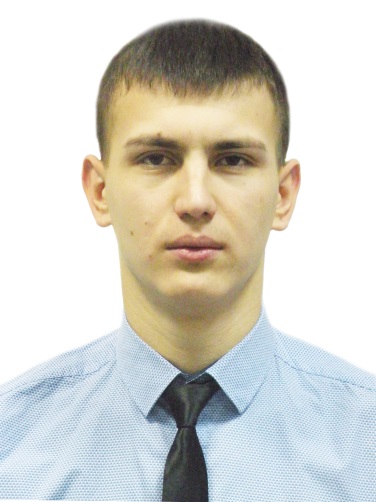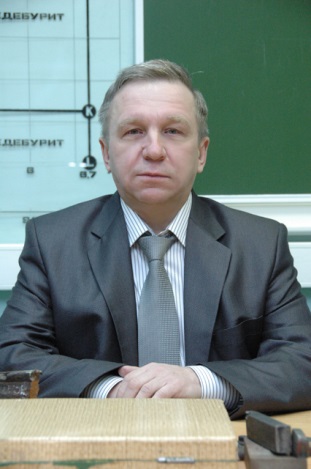Automated device for determining the changes in phase and state of polymer materials
DOI 10.51955/23121327_2022_2_19
Abstract. This paper is devoted to the development of a control system for the study of thermophysical properties and phase transformations in polymer and composite materials. The use of polymeric materials instead of non-ferrous and stainless metals is a necessary and promising process in the production and repair of units and mechanisms of aircraft. This trend has received particular development in recent decades, not only in aviation, but also in the entire transport engineering. Replacing metals with plastics and composites based on them reduces the main indicator in the products of this industry, namely its weight. Often, when designing and operating aircraft, it becomes simply impossible to manufacture competitive products without the use of polymers and composites in their design. The strength properties of polymers in a number of aircraft designs are compensated by the resources of their use, which are not always measured by significant time resources. Nevertheless, despite the unique capabilities of new structural polymers, the issue of changing their electro-physic-chemical properties in the process of exposure to temperature loads and other external factors during operation remains open. The algorithm of automated control and monitoring of the experimental study of the process of high-frequency electrothermy presented by the authors makes it possible to obtain more objective data on the results of the studies. The implemented algorithm of the automated control system, in the form of a software package, made it possible to obtain new and clarify the existing results of previously conducted experiments in relation to structural materials used in the manufacture and repair of aircraft and other vehicles.
Key words: transport, polymeric materials, composites, thermophysical properties, automated control system for scientific research, phase transformations.
Download article in PDF 701.6 kB






